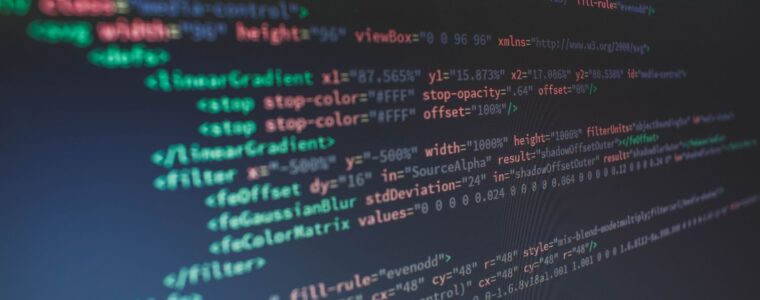In July, BIOS2 will host a 2-hour workshop on open peer review, hosted by our fellow Allegra Spensieri. Allegra has been selected as a PREreview Champion and is now bringing to our community the principles of a fair and open peer review, with the support of PREreview.
PREreview is an organization that develops infrastructure to support the pre-print peer review process from start to end. They develop and provide training on how to write helpful reviews for preprints, and have built a platform to submit preprint reviews on, as well as a community of researchers. The open reviewers workshop is a training program that PREreview has designed for researchers at all levels to learn how to write equitable peer reviews.
This 2-hour workshop will focus on the basics of open, preprint peer reviewing and becoming aware of biases in peer review. Registrations are free and open to everyone, but seats are limited.
When: July 10th, 2024 – 1pm EST
Where: Online
Registrations: https://us02web.zoom.us/meeting/register/tZIoce6tqz0vGtdpZPVtuBKMpLyxjR9WvqjN






